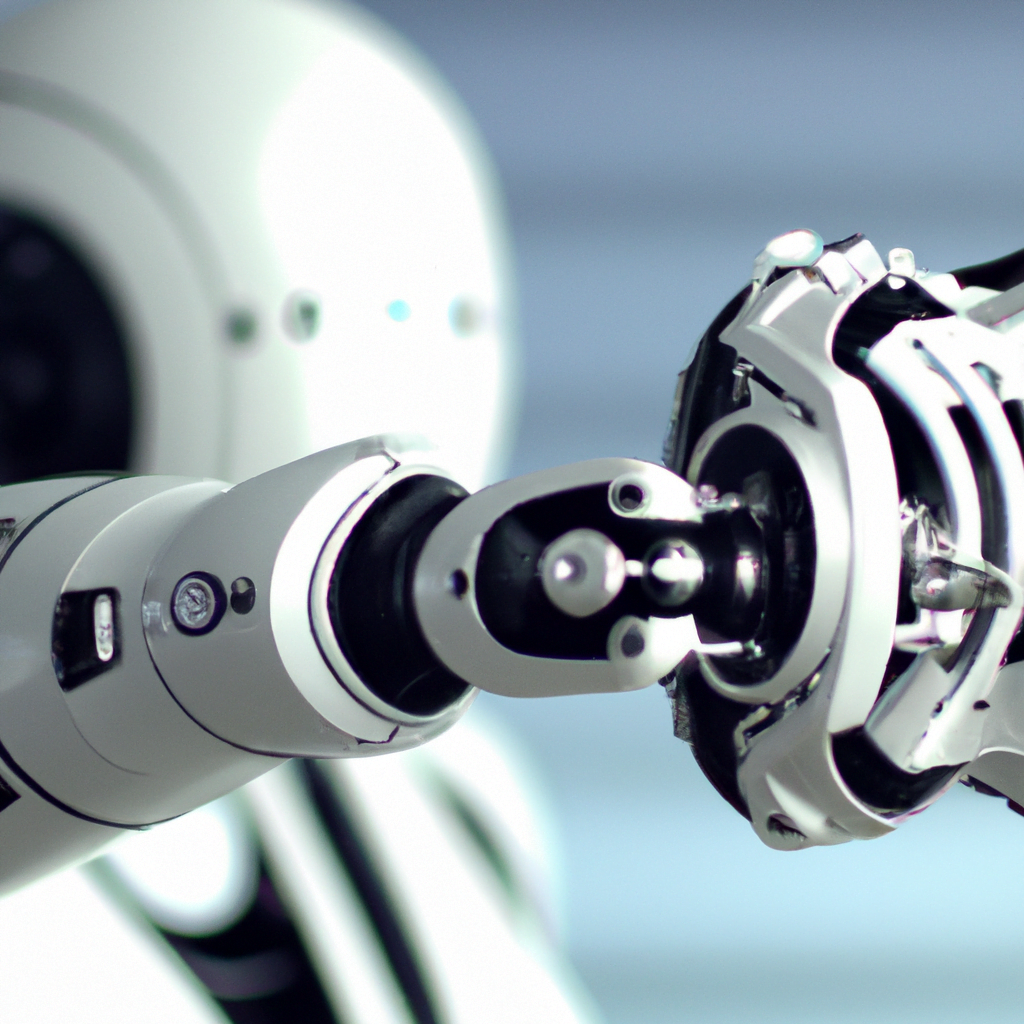The role of machine learning in educational game development
Have you ever played a game and thought about how it could help you learn? Well, you’re not alone! Educational games are becoming more and more popular as they provide an engaging way to learn new things. But have you heard of machine learning? It is the use of artificial intelligence to improve and automate decision-making processes. So, what role does machine learning play in the development of educational games? Let’s find out!
What is Machine Learning?
Machine learning is a type of artificial intelligence that enables computer systems to learn and improve without being explicitly programmed. It allows machines to automatically identify patterns and make decisions based on the data they have collected. In simpler terms, machine learning helps computers learn from experience, just like humans do.

How is Machine Learning Used in Educational Game Development?
Machine learning is used in educational game development in various ways. Here are some examples:
Personalized Learning
Every student learns differently, and machine learning can help create personalized learning experiences in educational games. By analyzing a student’s performance and progress, machine learning algorithms can adjust the difficulty level of the game to match their skill level. This ensures that the student is always challenged but not overwhelmed.
Adaptive Feedback
In educational games, feedback is essential to help students understand their mistakes and improve their performance. Machine learning algorithms can provide adaptive feedback that is tailored to each student’s individual needs. For example, if a student is struggling with a particular concept, the game can provide additional hints or explanations to help them understand better.
Content Recommendation
Machine learning algorithms can also be used to recommend educational content to students based on their interests and learning style. By analyzing data such as a student’s game progress and preferences, the game can suggest additional learning resources that are relevant and engaging.
Benefits of Machine Learning in Educational Game Development
Enhanced Learning Experience
By using machine learning, educational games can provide a more personalized and engaging learning experience. This can improve student motivation, engagement, and retention.
Improved Learning Outcomes
Machine learning algorithms can help identify areas where students are struggling and provide targeted support to help them improve. This can lead to better learning outcomes and academic performance.
Increased Efficiency
Machine learning can automate many aspects of educational game development, such as content recommendation and personalized learning. This can save time and resources, allowing game developers to focus on other areas of game development.
Conclusion
Machine learning has revolutionized the way educational games are developed and used. By providing personalized learning experiences, adaptive feedback, and content recommendations, machine learning algorithms can improve student engagement, motivation, and learning outcomes. With the use of machine learning, educational games can make learning more fun and enjoyable while helping students reach their full potential.






